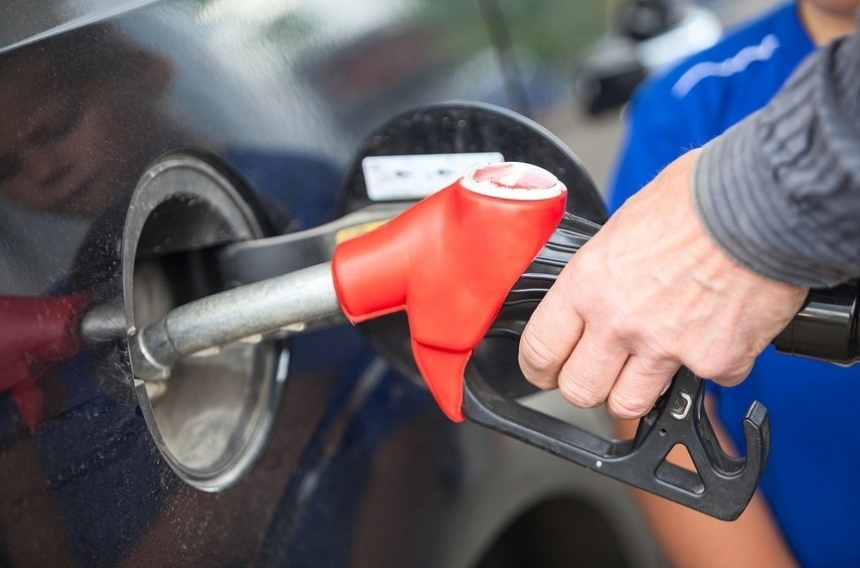Gas stations have identified the types of cars that shouldn't be filled to the brim with fuel, as it can be harmful to their performance.

Gas Stations Warn About Cars That Shouldn't Be Fully Fueled
Filling up a vehicle to the top can sometimes cause irreversible damage. However, not every car owner considers this. There is a risk of not only incurring financial losses but also harming the functionality of crucial vehicle components. A gas station owner shared which cars are best not to fill up completely to avoid unnecessary issues.
Despite the presence of cameras at gas stations and strict oversight of employee actions, the possibility of fuel under-dispensing still exists. This is especially easy to do when a car owner is filling a large amount. Gas station employees may place jerry cans near trash bins to siphon off a couple of liters.
If a driver continues to pump fuel after the nozzle has already clicked off, it could disrupt the fuel tank's ventilation system. This system includes several valves. The first activates when the vehicle is tilted more than 45 degrees, preventing fuel leakage in case of an accident. The ventilation valve is designed to prevent pressure drops. If the tank is overfilled, it may fail to operate, leading to excess fuel spilling out through drainage tubes. Since these tubes are located under the rear fender, the driver might not immediately notice the issue, and fuel leaking onto rubber seals can shorten their lifespan.
Additionally, for Soviet-era cars, if the fuel filler neck is not tightly sealed, fuel may spill out, posing a fire hazard. It is also advisable not to fill the tank completely in vehicles with a faulty fuel cap.
A collision between a "Seat" and a "Dacia" occurred in the center of Mykolaiv – heavy traffic on the avenue (video)An ambulance hit a pedestrian in Mykolaiv: massive traffic jam